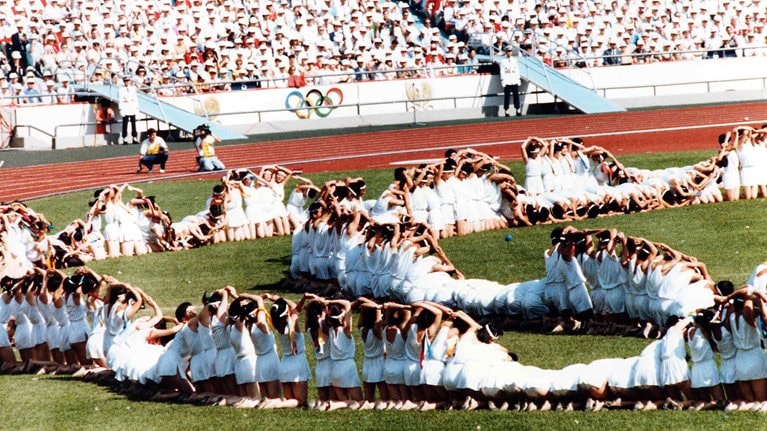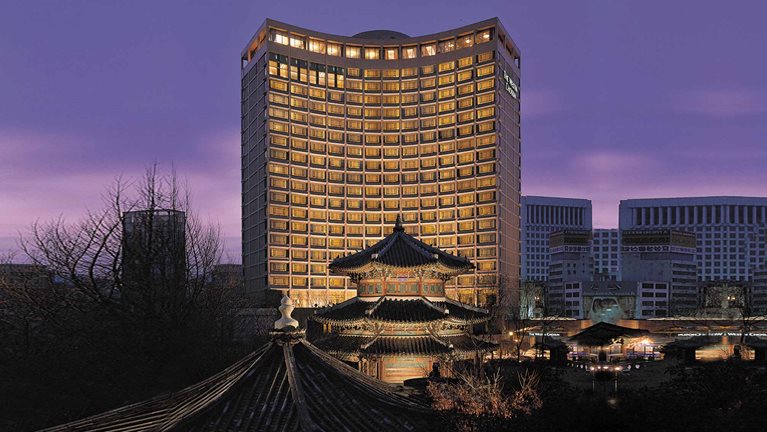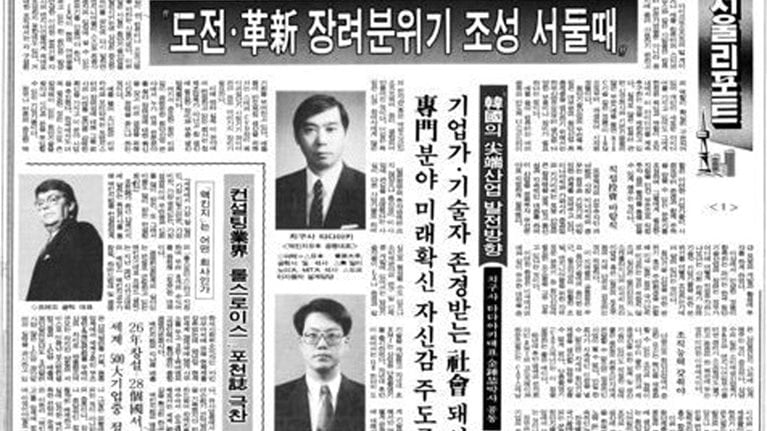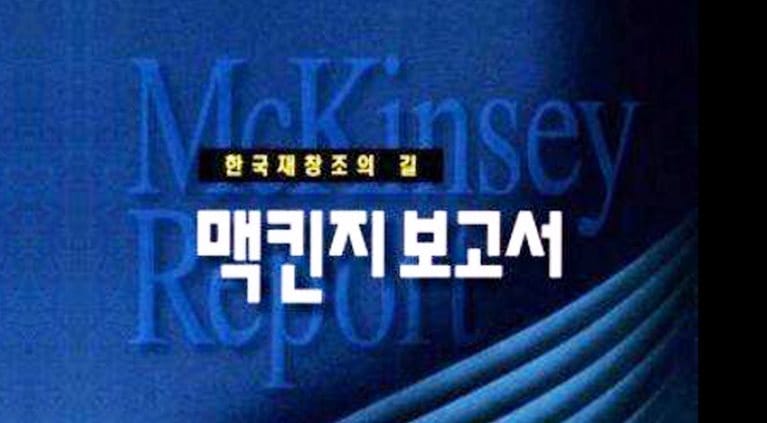Apart from client work, the Korea office is committed to advancing the country’s role on the global stage.
More than 450 alumni are working in every nook and corner of various industries in Korea now, typically in leadership positions, shaping company policies and having a deep impact on the country’s business community. Meanwhile, Korean companies have also carved out their role in the global economy, and the Korea office is helping them in navigating today’s unpredictable world. Apart from client work, the Korea office is committed to advancing the country’s role on the global stage, supporting the Seoul G20 Business Summit and contributing to the world’s understanding of Korea with the publication of books such as Korea 2020.
For sure, those who have been with the Korea office for considerable time understand the challenges ahead.
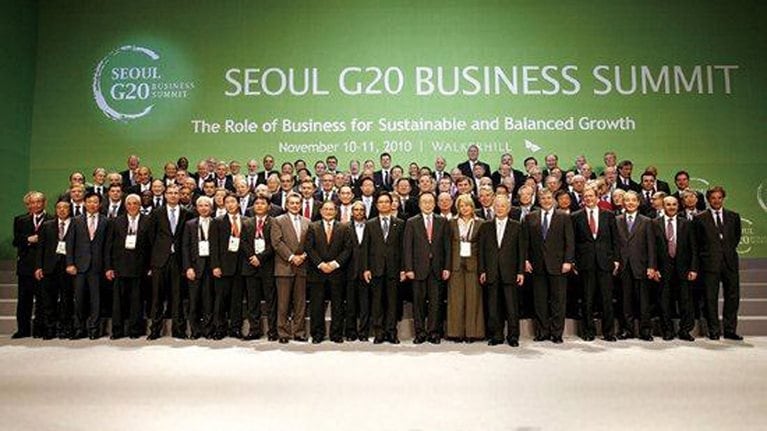
The Korea office supported the Seoul G20 Business Summit.
McKinsey Korea history
“In order to be truly relevant to clients, one has to be able to combine practical insights into international trends with a clear understanding of how Korean businesses can make the most of them, given their very specific strengths and weaknesses," points out Dr. Roland Villinger, an active member of key government committees and former Korea office managing partner. "Since our consultants are serving industry-leading clients both internationally and locally, and our partners advise senior public officials on policy-making while at the same time working day-to-day with their private sector clients, they can provide their clients with a unique combination of sound strategic judgment and rapid impact in execution that is more critical in these volatile times than ever.”
The sentiment is echoed by others.
“It’s an advanced market that has clearly evolved and calls for expert counseling now. Clients know a lot more and they are very specific nowadays in what they want. It makes our work that much harder,” says Senior Partner Wonsik Choi. “The upside would be that we have new reference points. People have a much better understanding of what we do and although the [consulting] industry has gotten much more competitive, when it comes to the heavy lifting people will now say, ‘you should probably go to McKinsey.’”
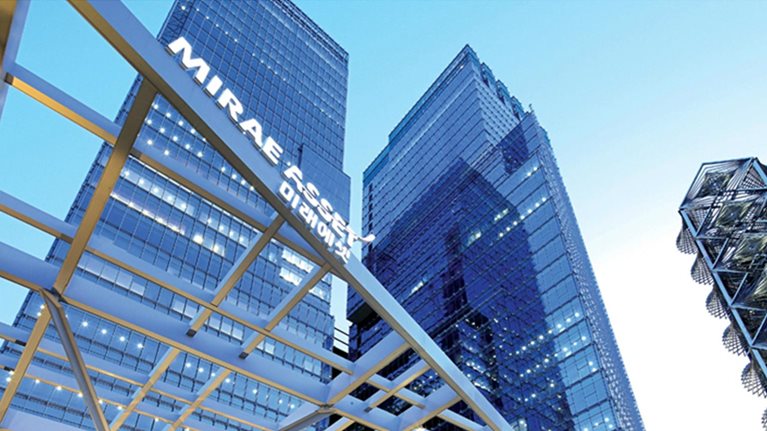
The Korea office moved to its new building, Center 1, in January of 2011.
Korea Our History
As Korean businesses and society ready themselves to face an increasingly complex global environment, Asia Chairman Gordon Orr stresses that the Korea office must do so as well. “I am certain that many of South Korea's leading businesses will become ever more significant global leaders in the years ahead. For the firm to remain relevant to the remarkable executives and owners driving these transformation journeys, we must develop more world-class local leaders, Koreans with global insights and connections, with world-leading industry and functional expertise.”
